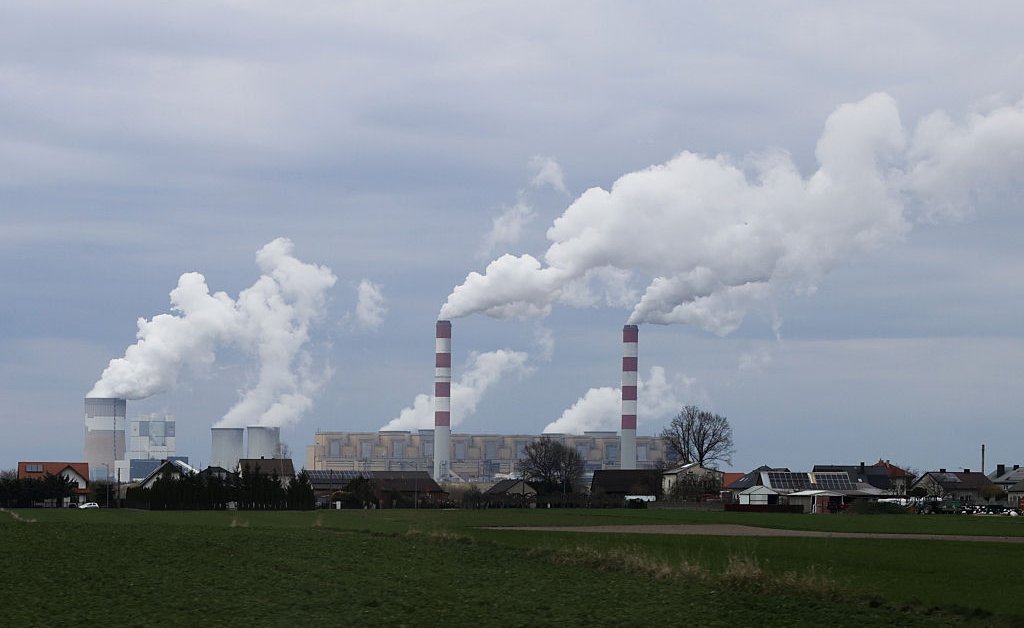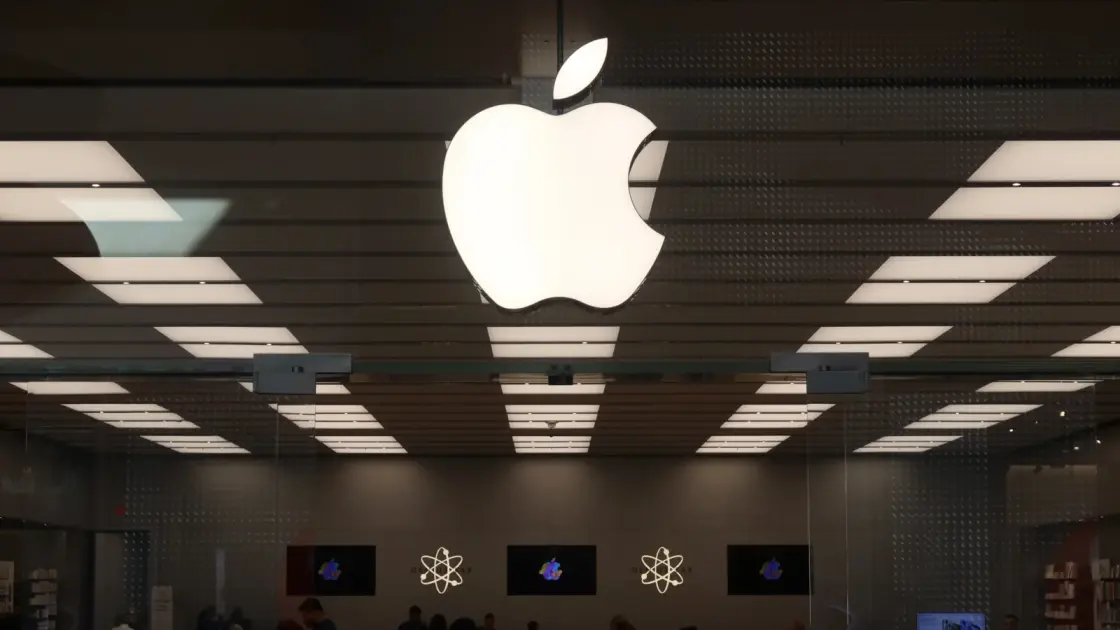Air Pollution's Deadly Toll: The Impact Of Emission Reductions On Mortality Rates

Welcome to your ultimate source for breaking news, trending updates, and in-depth stories from around the world. Whether it's politics, technology, entertainment, sports, or lifestyle, we bring you real-time updates that keep you informed and ahead of the curve.
Our team works tirelessly to ensure you never miss a moment. From the latest developments in global events to the most talked-about topics on social media, our news platform is designed to deliver accurate and timely information, all in one place.
Stay in the know and join thousands of readers who trust us for reliable, up-to-date content. Explore our expertly curated articles and dive deeper into the stories that matter to you. Visit Best Website now and be part of the conversation. Don't miss out on the headlines that shape our world!
Table of Contents
Air Pollution's Deadly Toll: The Impact of Emission Reductions on Mortality Rates
Air pollution is a silent killer, claiming millions of lives annually. But the grim reality is that this isn't an immutable fact. New research consistently demonstrates a powerful link between emission reduction strategies and significant decreases in mortality rates, offering a beacon of hope in the fight for cleaner air and healthier lives. This article delves into the deadly impact of air pollution and explores the life-saving potential of effective emission control measures.
The Dire Statistics: A Global Health Crisis
The World Health Organization (WHO) estimates that air pollution contributes to over 7 million premature deaths globally each year. This staggering figure underscores the urgent need for comprehensive action. These deaths are not evenly distributed; low- and middle-income countries often bear the brunt of the burden, facing higher levels of pollution and limited access to healthcare. The primary culprits? Fine particulate matter (PM2.5), ozone (O3), and nitrogen dioxide (NO2), all byproducts of industrial activities, vehicle emissions, and power generation. These pollutants penetrate deep into the lungs and bloodstream, causing or exacerbating cardiovascular diseases, respiratory illnesses, lung cancer, and strokes.
Emission Reductions: A Lifeline Against Air Pollution
The good news is that the situation is not hopeless. Numerous studies have shown a direct correlation between successful emission reduction initiatives and a subsequent decline in mortality rates. For instance, a study published in The Lancet demonstrated a significant drop in respiratory and cardiovascular deaths following the implementation of stricter emission standards in several major cities.
Key Strategies for Reducing Emissions and Saving Lives:
-
Transitioning to Renewable Energy: Shifting away from fossil fuels towards renewable energy sources like solar and wind power is crucial. This reduces greenhouse gas emissions and significantly improves air quality. [Link to a relevant article on renewable energy transition]
-
Improving Vehicle Emission Standards: Stricter regulations on vehicle emissions, coupled with incentives for electric vehicles and public transport, can dramatically reduce air pollution in urban areas. [Link to information on electric vehicle adoption]
-
Industrial Emission Controls: Implementing advanced pollution control technologies in industrial settings is essential to mitigate the release of harmful pollutants into the atmosphere. [Link to an article on industrial pollution control]
-
Promoting Green Spaces and Urban Planning: Increasing green spaces within urban areas can help absorb pollutants and improve air quality. Smart urban planning that prioritizes walkability and cycling infrastructure can also reduce reliance on private vehicles.
-
Investing in Air Quality Monitoring: Comprehensive and real-time air quality monitoring systems are crucial for identifying pollution hotspots and tracking the effectiveness of emission reduction strategies.
H2: The Economic Benefits of Clean Air
While the human cost of air pollution is undeniable, the economic benefits of effective emission reduction measures are also significant. Reduced healthcare costs, increased worker productivity, and improved tourism are just some of the positive economic outcomes associated with cleaner air. Investing in emission control is not just an ethical imperative; it's also a smart economic strategy.
H3: The Path Forward: Collaboration and Commitment
Combating air pollution requires a multifaceted approach involving governments, industries, and individuals. International cooperation, stringent regulations, technological innovation, and public awareness campaigns are all crucial elements in this fight. The evidence is clear: reducing emissions saves lives and improves public health. The time for decisive action is now.
Call to Action: Learn more about air quality in your area and support initiatives promoting cleaner air and sustainable practices. Your health and the health of future generations depend on it.

Thank you for visiting our website, your trusted source for the latest updates and in-depth coverage on Air Pollution's Deadly Toll: The Impact Of Emission Reductions On Mortality Rates. We're committed to keeping you informed with timely and accurate information to meet your curiosity and needs.
If you have any questions, suggestions, or feedback, we'd love to hear from you. Your insights are valuable to us and help us improve to serve you better. Feel free to reach out through our contact page.
Don't forget to bookmark our website and check back regularly for the latest headlines and trending topics. See you next time, and thank you for being part of our growing community!
Featured Posts
-
 Understanding The Kicker A Process Of Refinement
May 09, 2025
Understanding The Kicker A Process Of Refinement
May 09, 2025 -
 Duration Of Papal Conclaves A Comparative Analysis Of Past And Present
May 09, 2025
Duration Of Papal Conclaves A Comparative Analysis Of Past And Present
May 09, 2025 -
 Did Siri Snoop Claim Your Share Of The 95 Million Apple Settlement
May 09, 2025
Did Siri Snoop Claim Your Share Of The 95 Million Apple Settlement
May 09, 2025 -
 Frontier Airlines Check In Chaos Passenger And Agent In Heated Exchange
May 09, 2025
Frontier Airlines Check In Chaos Passenger And Agent In Heated Exchange
May 09, 2025 -
 The Karen Read Case Howie Carr Highlights Unexplained Aspects
May 09, 2025
The Karen Read Case Howie Carr Highlights Unexplained Aspects
May 09, 2025
